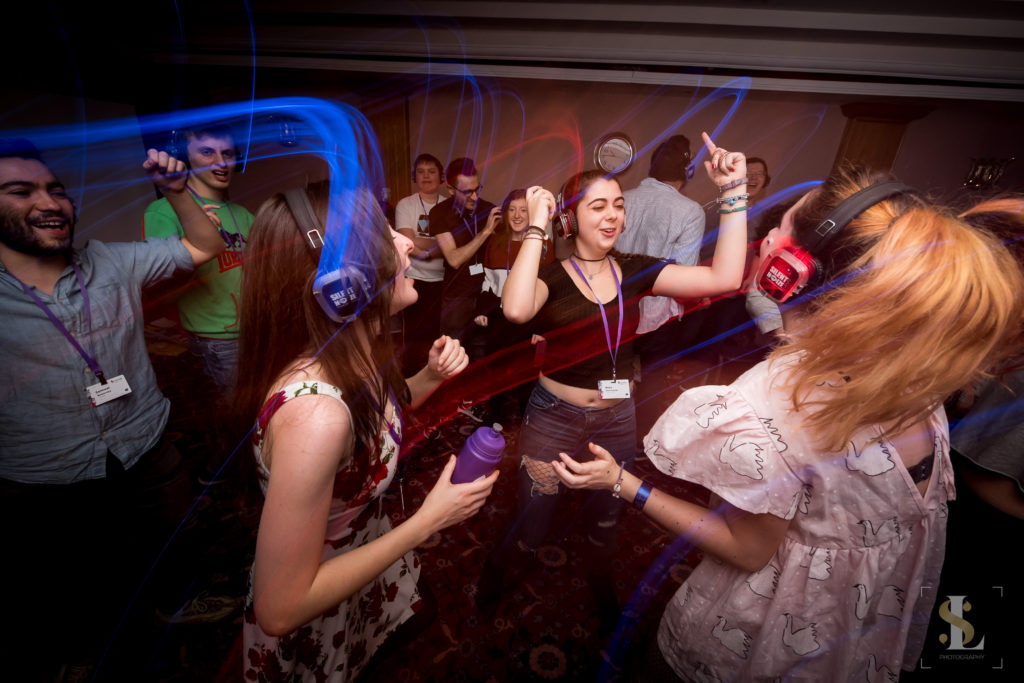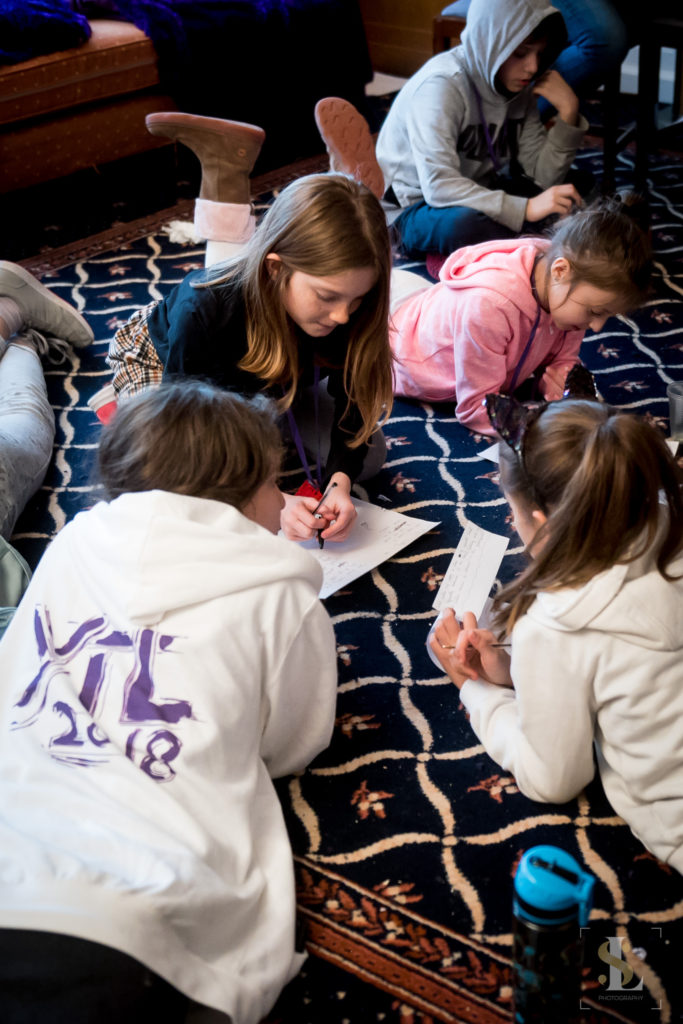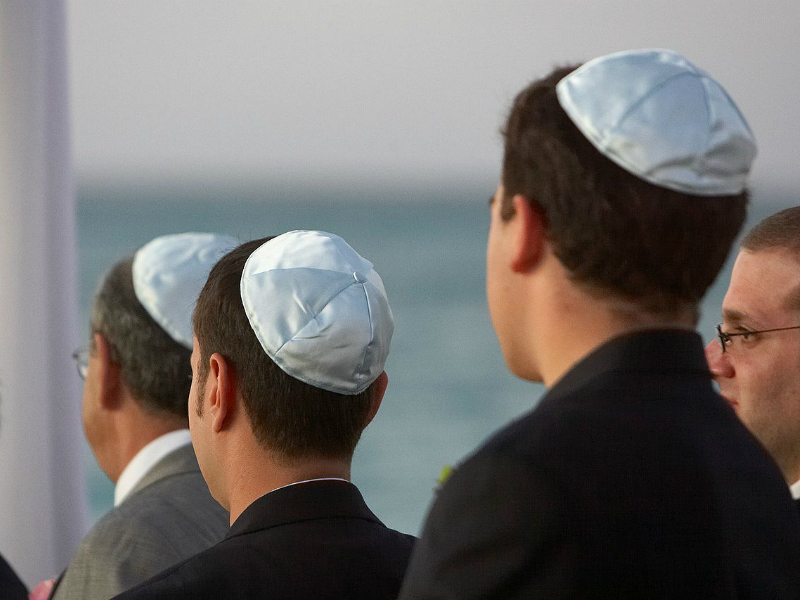On the second-to-last Friday in December, there was a growing bottleneck just inside the revolving doors of the Hilton Birmingham Metropole. Jews were arriving from near and far for the start of the annual Limmud U.K. festival, the world’s largest conference of Jewish learning and conversation, but there were no rooms to be had. Hotel staff members were busy trying to arrange lodgings – a particularly tricky task considering the previous evening, when the hotel had unexpectedly accommodated thousands of passengers stranded by the closure of London’s Gatwick Airport. Meanwhile, festival organizers were in a crunch to check participants in before sundown, but it wasn’t looking good. Then, one of the lead organizers, a young man with a naturally booming voice, came up with a solution: “All of you for whom Shabbat isn’t such a big deal, move to the side,” he announced, “so that the observant people can go ahead.”
It was my first taste of Limmud’s environment of tolerance, inclusion and openness (and humour), and it would be reinforced over and over again during our week at the festival. That’s no easy feat when you’ve got a couple thousand Jews crammed into a relatively small area, but festival organizers, volunteers and presenters, not to mention all the attendees, made it look surprisingly easy.

That’s not to say that there was nothing controversial about the conference. There were multiple panels on the situations in the West Bank and Gaza, Jeremy Corbyn and European anti-Semitism, interdenominational strife and the just-announced early elections in Israel – plus LGBT inclusion in the Jewish community and the experiences of Jews of colour. The breadth of Jewish ideas and opinions on hand was enough to make your head spin, and it made for interesting conference bedfellows, too: while British Chief Rabbi Ephraim Mirvis broke down a piece of Talmud in one room, another session entitled “British Jews Opposing the Occupation” was meeting down the hall.

Miraculously, it seemed there was room there for all kinds of Jews, even a whole bunch of categories you might never have known existed. I tried to see a bit of everything at Limmud, but with so much to choose from, that proved impossible. I’m sad that I missed intriguing panels on Jewish suffragettes and wartime cooking in Jerusalem, sessions devoted solely to how people buy and sell marijuana in Israel (where, unlike here, it’s still illegal) and Jewish origami. I never got to a lecture with the scintillating teaser, “Reform woman rabbi married to an Orthodox Jew. Can it really work?” (“Well, 12 years in and two kids later,” the blurb continued, “and it seems to be OK.”) I did, however, manage to catch a performance by Hasidick the Jewish Drag King.
READ: FROM YONI’S DESK: FASTEN YOUR SEATBELTS FOR 2019
Limmud CEO Eli Ovits told me that he sees great potential for Limmud in Canada, where there are already a number of local annual conferences, as well as Limmud FSU, a three-day festival geared toward Russian-speaking Canadian Jews. Certainly, there is room for the franchise to grow in this country and to become part of our national Jewish conversation. After a week at Limmud U.K., it seems well worth the effort to try and make that happen.



